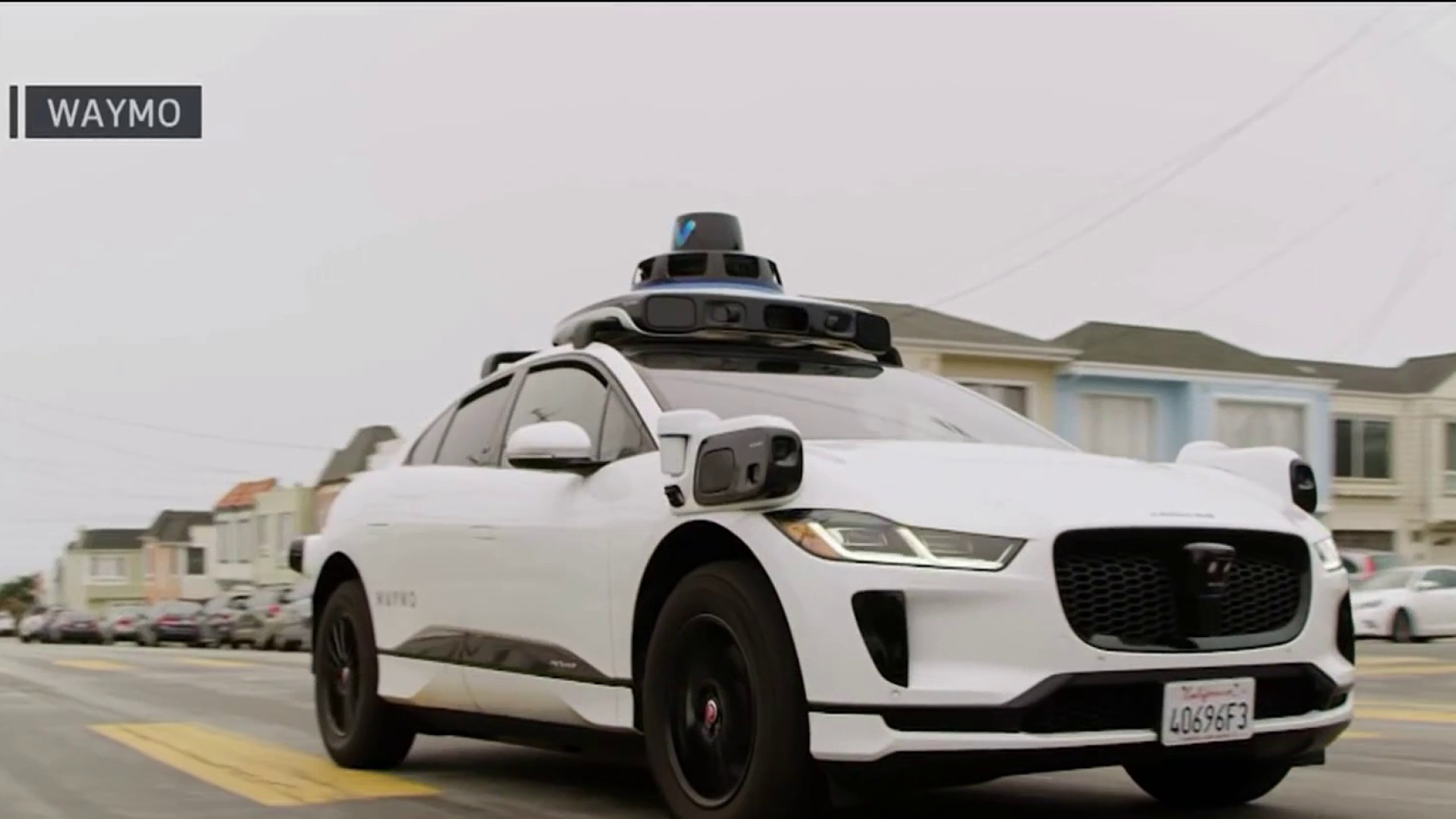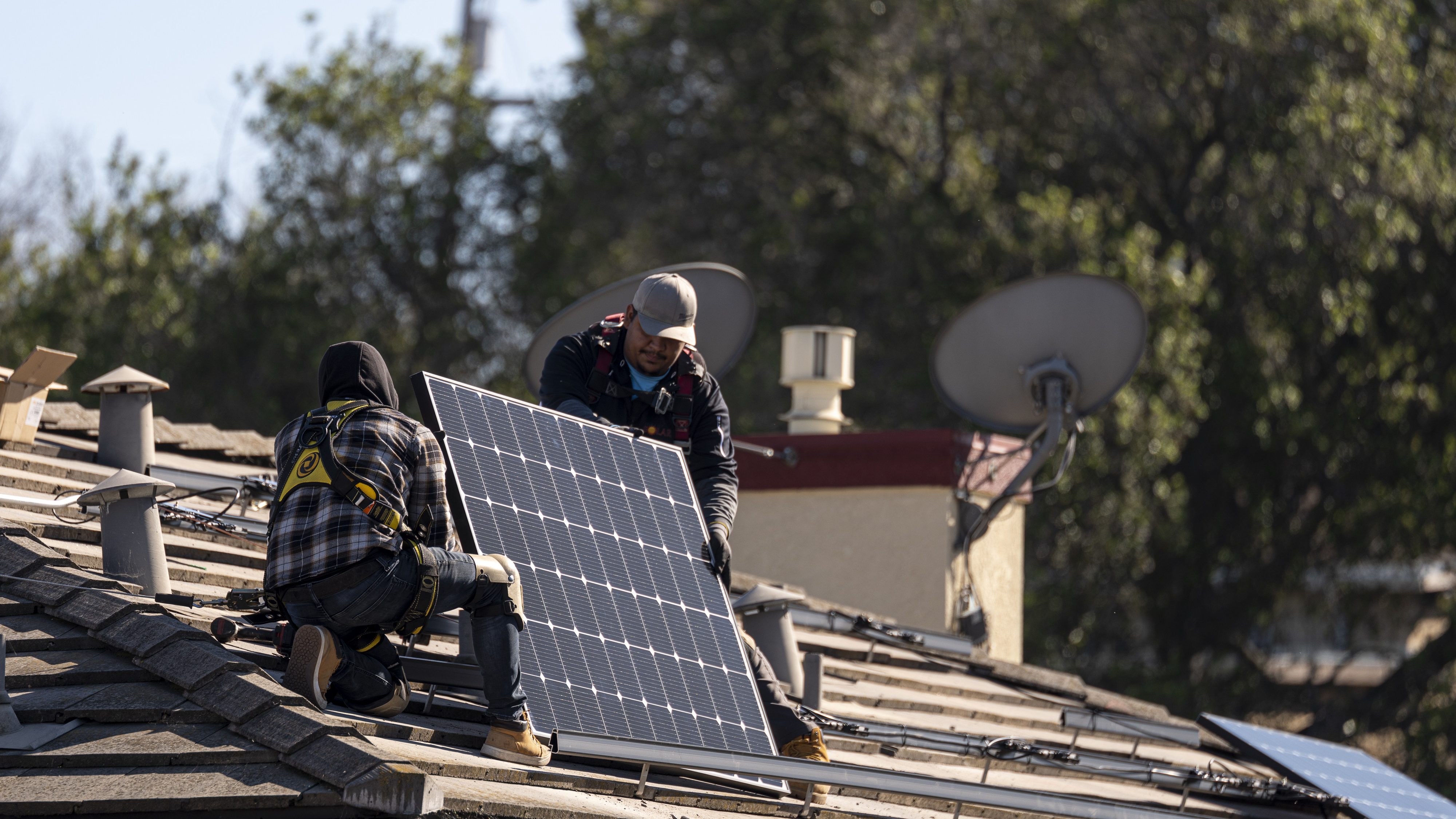California regulators on Thursday voted to change how some power companies calculate their customers' bills.
In a radical departure from how Californians have paid for electricity in the past, a state commission approved charging rate payers not just for the electricity they use, but based on their income. The five-member appointed California Utilities Commission voted Thursday on the plan that would require most residents to pay an additional $24 per month, nearly $300 per year, in addition to what they use in electricity.
At the same time “consumption-based” rates would be reduced from 5 to 7 cents per kilowatt-hour.
Southern California Edison, along with Pacific Gas and Electric and San Diego Gas and Electric, have strongly argued for what they call a “restructuring” of electricity fees.
Get top local stories in Southern California delivered to you every morning. >Sign up for NBC LA's News Headlines newsletter.
The utilities contend funding from the new fixed rate will be earmarked for maintenance of the power grid which they argue is unfairly being borne by too many lower income residents living in high use areas.
“People who live in the Central Valley, it is very hot, and they use air conditioning more than in other parts of the state.” Said Cynthia Martinez, a spokesperson for the “Predictable Power Coalition," which represents utilities and other groups seeking the change. “Right now, those people are paying higher charges that go to keeping up the [power] grid. The fixed charge will put the electricity use in one bucket and those charges will now be more separate. It’s a more equitable and more fair system.”
But while backers of the plan insist what is being proposed is not a rate hike, environmental and tenants’ rights groups say it will result in an increase in power bills for those who already use little electricity.
"People in apartments, people who live in smaller units, people in urban areas where the footprint of the house is smaller, are going to pay more, period,” said Loretta Lynch, an environmental attorney and former President of the PUC.
Jenn Engstrom of the California Public Interest Action Group says the new payment system would result in more power being used not less.
“By increasing bills on low energy users and decreasing bills on high energy users that means the high fixed charge will incentivize energy waste, it’s going to discourage energy conservation and rooftop solar,” she said.
Martinez says the critics are mistaken.
“Customers will still see lower bills if they conserve and use less energy.”
The change will take effect late next year for customers of Southern California Edison and San Diego Gas & Electric. It will take effect in early 2026 for Pacific Gas & Electric customers.
The fixed charge fee will not impact customers of the Los Angeles Department of Water and Power, which is a municipal utility.



